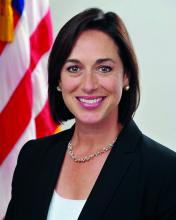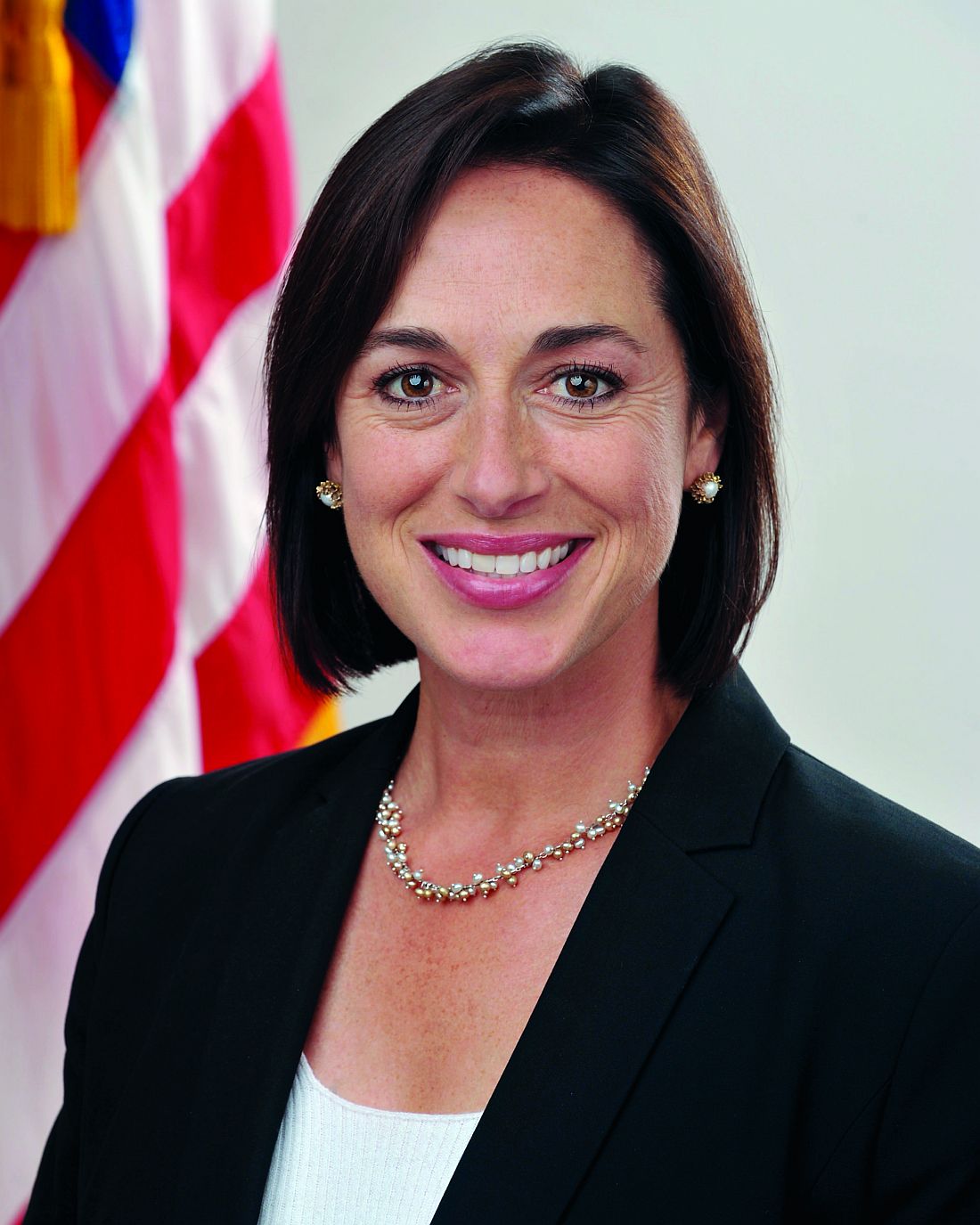User login
The first HM17 plenary is focused on health policy at a time when a dynamically evolving health care delivery system may seem daunting, opaque, and labyrinthine.
“Though it feels uncertain in some ways, the health care world is pretty united that we need to continue the progress we’ve made on moving away from the old fee-for-service model, toward one that lets people practice medicine the way they want and focus on patients and outcomes,” said HM17 keynote speaker Karen DeSalvo, MD, MPH, MSc, former acting assistant secretary for health in the U.S. Department of Health and Human Services (HHS).
“That’s just the way that we finance or pay for care,” she said. “There’s this entire care system that everybody’s working and innovating in every day, trying to find more efficient, effective ways to get better outcomes. Hospitalists, quite frankly, have been in the lead for 20 years and really understand in granular detail what it takes.”
Dr. DeSalvo believes that the progress of the past 5 years has already laid the path that must now be followed. The public sector’s move away from fee for service, toward payment for episodic care, has combined with emerging technology platforms to create a new age in which physicians and insurers can judge, in real-time, how well care is working.
Add to this the growth of accountable care organizations, other alternative payment models, value-based purchasing, and the implementation of the Medicare Access and CHIP Reauthorization Act of 2015 (MACRA), and it is clear the direction in which the industry is headed.
Of course, Dr. DeSalvo understands the fears of those wondering where the next wave of change will carry them. She’s heard the political debate over the past 8 years and the rancorous discussions in just the first few months of 2017. But she believes the path for health care delivery continues to be “toward the natural place as opposed to the unnatural place.”
“That gives me a lot of optimism,” she said. “One of the most important things for hospitalists to be doing right now is to keep standing up and speaking on behalf of patients and saying that the right thing is for us not to regress but to continue moving forward so that we can all have the kind of system we want for our patients.
The first HM17 plenary is focused on health policy at a time when a dynamically evolving health care delivery system may seem daunting, opaque, and labyrinthine.
“Though it feels uncertain in some ways, the health care world is pretty united that we need to continue the progress we’ve made on moving away from the old fee-for-service model, toward one that lets people practice medicine the way they want and focus on patients and outcomes,” said HM17 keynote speaker Karen DeSalvo, MD, MPH, MSc, former acting assistant secretary for health in the U.S. Department of Health and Human Services (HHS).
“That’s just the way that we finance or pay for care,” she said. “There’s this entire care system that everybody’s working and innovating in every day, trying to find more efficient, effective ways to get better outcomes. Hospitalists, quite frankly, have been in the lead for 20 years and really understand in granular detail what it takes.”
Dr. DeSalvo believes that the progress of the past 5 years has already laid the path that must now be followed. The public sector’s move away from fee for service, toward payment for episodic care, has combined with emerging technology platforms to create a new age in which physicians and insurers can judge, in real-time, how well care is working.
Add to this the growth of accountable care organizations, other alternative payment models, value-based purchasing, and the implementation of the Medicare Access and CHIP Reauthorization Act of 2015 (MACRA), and it is clear the direction in which the industry is headed.
Of course, Dr. DeSalvo understands the fears of those wondering where the next wave of change will carry them. She’s heard the political debate over the past 8 years and the rancorous discussions in just the first few months of 2017. But she believes the path for health care delivery continues to be “toward the natural place as opposed to the unnatural place.”
“That gives me a lot of optimism,” she said. “One of the most important things for hospitalists to be doing right now is to keep standing up and speaking on behalf of patients and saying that the right thing is for us not to regress but to continue moving forward so that we can all have the kind of system we want for our patients.
The first HM17 plenary is focused on health policy at a time when a dynamically evolving health care delivery system may seem daunting, opaque, and labyrinthine.
“Though it feels uncertain in some ways, the health care world is pretty united that we need to continue the progress we’ve made on moving away from the old fee-for-service model, toward one that lets people practice medicine the way they want and focus on patients and outcomes,” said HM17 keynote speaker Karen DeSalvo, MD, MPH, MSc, former acting assistant secretary for health in the U.S. Department of Health and Human Services (HHS).
“That’s just the way that we finance or pay for care,” she said. “There’s this entire care system that everybody’s working and innovating in every day, trying to find more efficient, effective ways to get better outcomes. Hospitalists, quite frankly, have been in the lead for 20 years and really understand in granular detail what it takes.”
Dr. DeSalvo believes that the progress of the past 5 years has already laid the path that must now be followed. The public sector’s move away from fee for service, toward payment for episodic care, has combined with emerging technology platforms to create a new age in which physicians and insurers can judge, in real-time, how well care is working.
Add to this the growth of accountable care organizations, other alternative payment models, value-based purchasing, and the implementation of the Medicare Access and CHIP Reauthorization Act of 2015 (MACRA), and it is clear the direction in which the industry is headed.
Of course, Dr. DeSalvo understands the fears of those wondering where the next wave of change will carry them. She’s heard the political debate over the past 8 years and the rancorous discussions in just the first few months of 2017. But she believes the path for health care delivery continues to be “toward the natural place as opposed to the unnatural place.”
“That gives me a lot of optimism,” she said. “One of the most important things for hospitalists to be doing right now is to keep standing up and speaking on behalf of patients and saying that the right thing is for us not to regress but to continue moving forward so that we can all have the kind of system we want for our patients.

